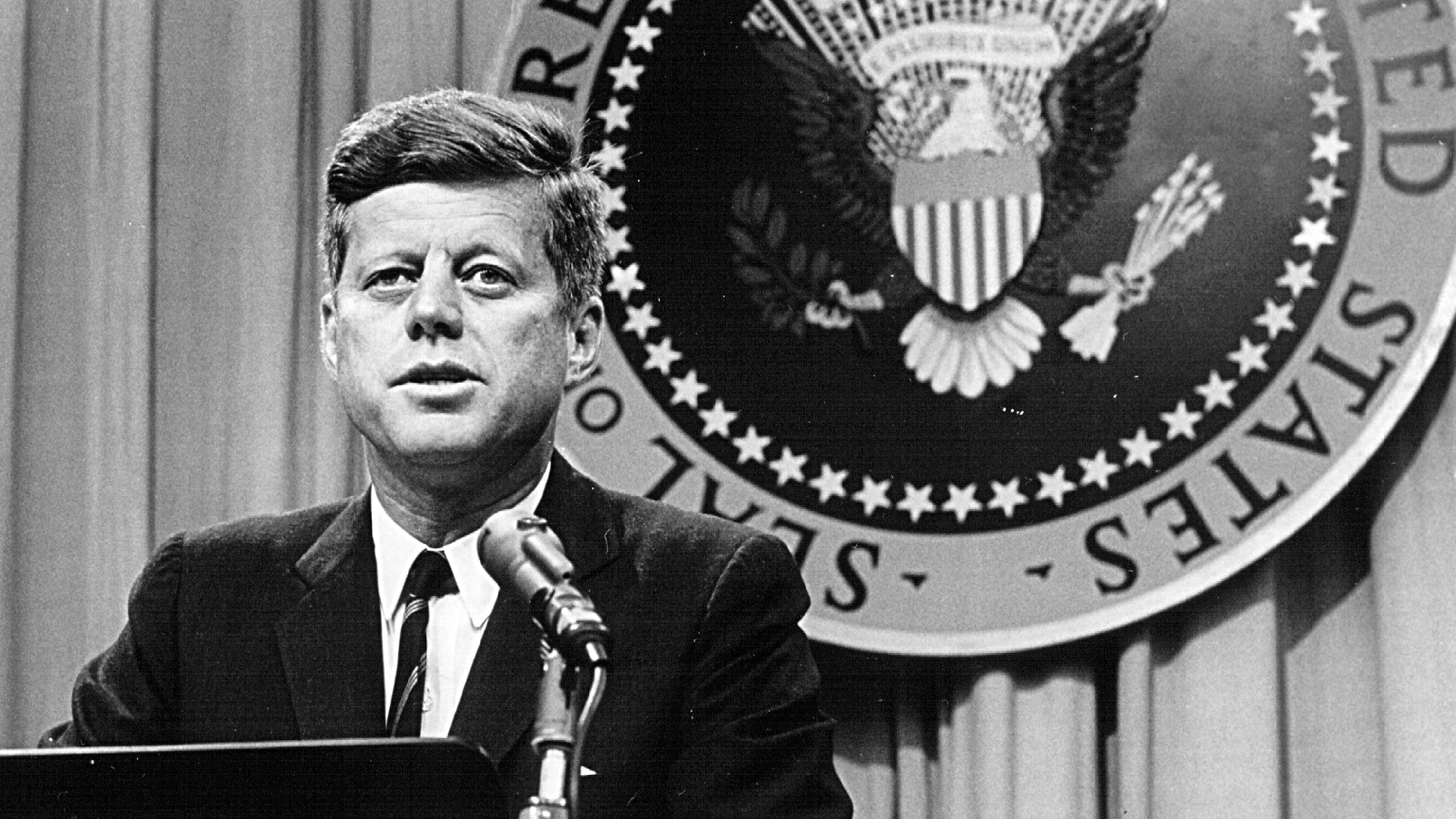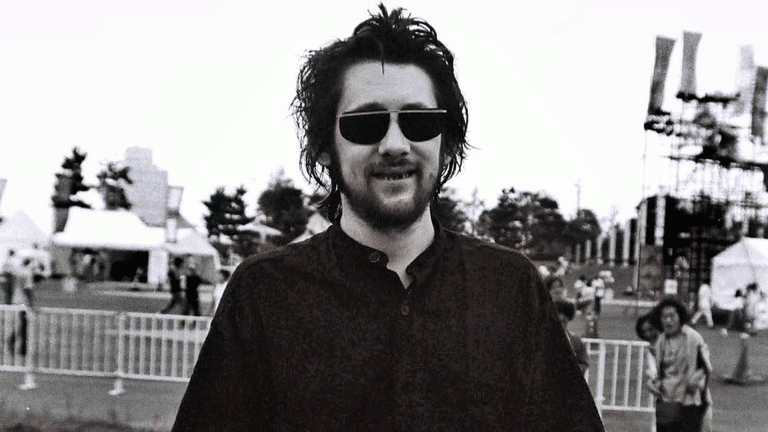The summer of 1991 was miserable for me. I had agreed to start on a very big project with an old friend and I felt cornered. I knew the project would fail because it was vast and there were many things to do and I was a common printer and a small-time businessman who had only ever employed one person. Now I had about 15 people on my payroll and it was going to be a disaster and it would all be my fault. And it was difficult to get the respect of anyone who apparently knew what they were doing. Contempt for me was everywhere.
I drank more than I had for a long while. I smoked more roll-ups than I had in a long while. This was all getting too much for me. And there were these people circulating around me who did not know how damned perilous it all was. Many smiles and many brave faces. I realised that the most important ingredient was belief. But if I couldn’t muster up belief what could I put in its place? How could I simulate belief?
I went to my mother’s grave in a cemetery up by a Coca-Cola bottling plant, remembering in the burial ceremony 18 years earlier the sound of the bottling machines echoing out over the graveyard. And the strong smell of industrial chocolate coming from a factory nearby. And the rattling sound of the Great Western Railways over the cemetery wall, the train line that had brought her on her disastrous journey in 1939 into the prison of marriage, violence, poverty and too many children.
I did not do that novelistic thing and talk to a dead person, which you see also in films. I just stopped and thought, what would my mother say to me if she saw me in the predicament I was in? She would probably say that I had brought all this down on myself. That I was always too flash and unreliable and should stop kidding myself that I was anything more than a working-class boy with my head well up my arse. I had cycled to the graveyard up by Notting Hill, where we had first lived. I leant my bike against her gravestone and simply reminding myself what my mother would have said filled me with happiness. Full of a kind of resolve.
For, more than anything, I loved that my mother was as tough as old nails and an enemy of sentiment. The only time I had ever seen her cry profusely was when President Kennedy died in Dallas in 1963. As she said, she “fancied the arse off of him”, for she loved good-looking, Irish-American millionaires.
There is something refreshing for me even today in running into doubters. And my mother was the biggest doubter I ever knew. So skiving off to call at her grave on the anniversary of her burial day – August 3 – was enlightening for me.









